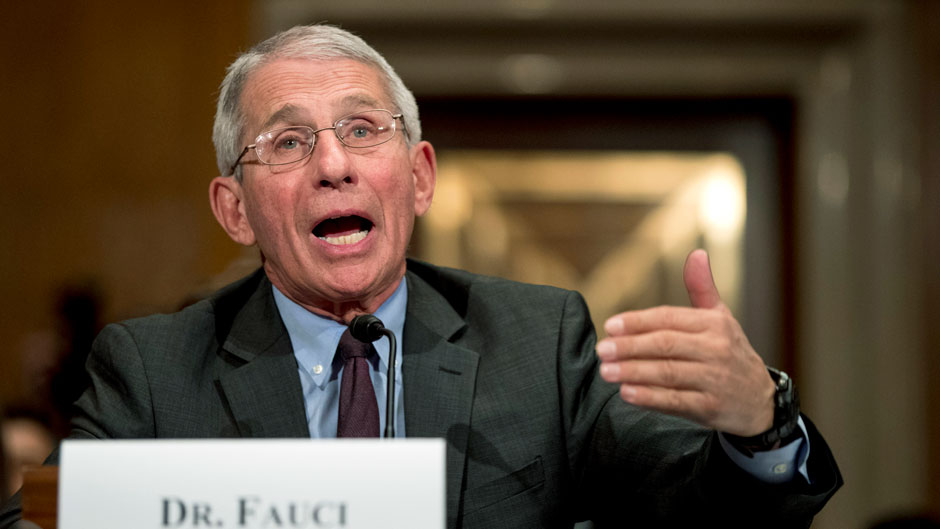As the novel coronavirus spreads and infects more people worldwide, the number of conspiracy theories regarding the disease also continues to grow.
Joseph Uscinski, associate professor of political science at the University of Miami and an expert on conspiracy theories, is not surprised at the number of theories out there.
“Every time there is a disease outbreak there are people who think it’s part of a conspiracy,” said Uscinski. “The reason is that these people think everything is part of a conspiracy.”
The most recent theories concerning the coronavirus is that the virus is part of “an unnamed group’s plan to depopulate the planet,” said Uscinski. The mission of this group is to weaponize the virus so that it kills millions of people, he said.
Other theories place the virus as part of a political partisan scheme to injure the other side. This becomes more relevant in an election year as President Donald Trump made clear during a rally last week.
“The president has given credence to the idea that the Democrats are using the virus as a political football to injure the economy and make him look bad going into the next election,” Uscinski said.
He said conspiracy theories tend to attract people who want to validate their own view of the world. With conspiracy theories, they can blame whoever or whatever they do not like at that time.
While the theories do not pose a threat to society, the action of those who believe in them can lead to bad outcomes, Uscinski said. Recently, there have been theories circulating that in order to cure the coronavirus people should drink bleach or colloidal silver.
Both can be toxic, Uscinski pointed out. “These are bad ideas. It is not the conspiracy theories driving this, but the world view that drives the theorists to both believe in the theory and to take these dangerous actions.”
Uscinski cites a theory that has been particularly prevalent. Anti-vaccine conspiracy theories have driven people to abstain from being vaccinated.
“Then we see measles come back and kill people, and this should not happen because these diseases have been long cured,” said Uscinski. “But these conspiracy theories drive people to take risks with their own lives.”

